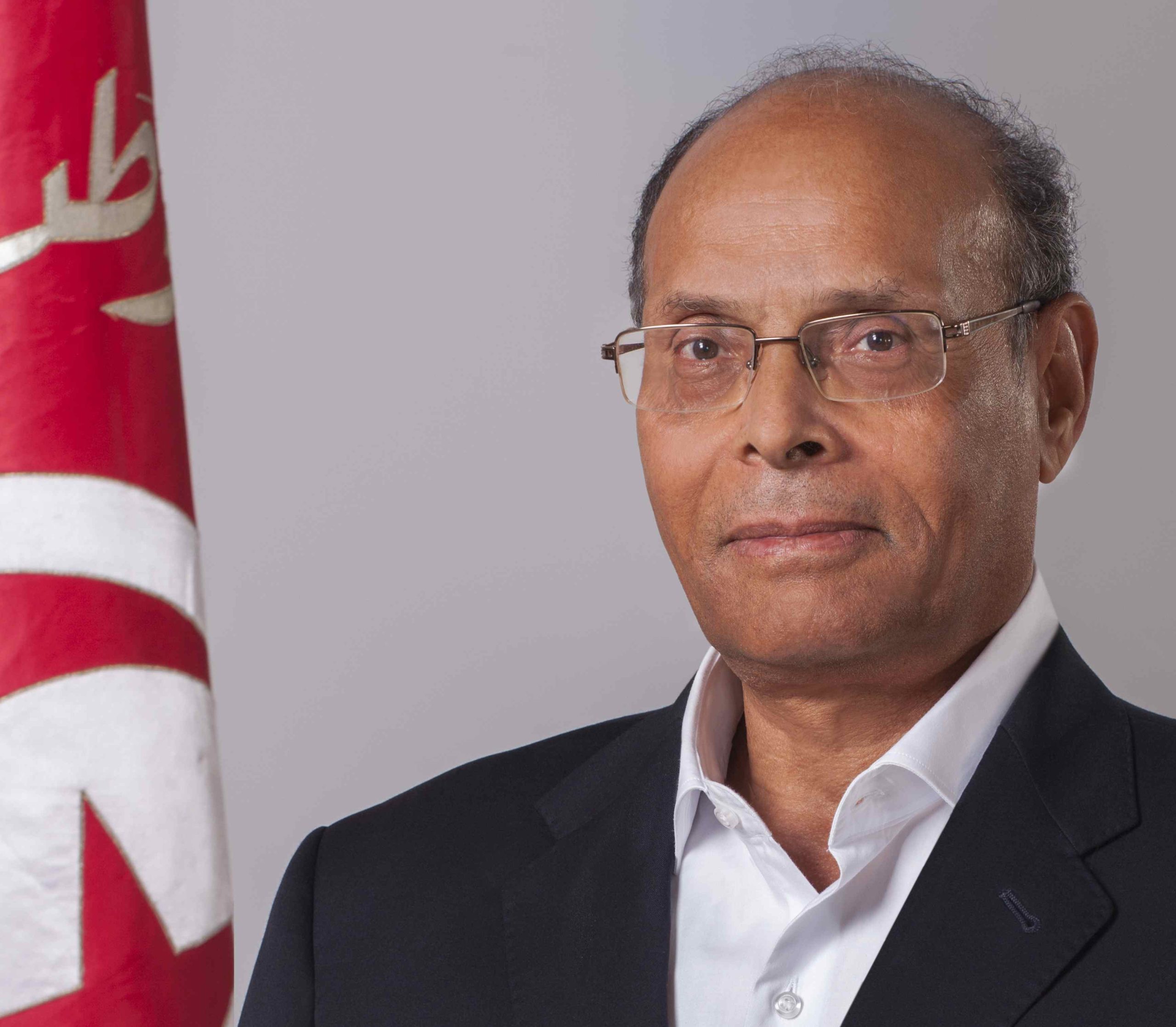An Ibn Rushd Lecture with the ex-President of Tunisia Dr Moncef Marzouki, Prof Dr Udo Steinbach and Manal Seifeldin.
What distinguishes the 21st century from the previous centuries and especially from the 20th century? What facts and realities should we relate to? How do we understand our world today and what is the role that the state could, or should, play in confronting or even overcoming these global and yet also local problems?
The Ibn Rushd Lecture Ideologies in Crisis – What are the Alternatives? with Dr Moncef Marzouki, President of Tunisia 2011-2014, was well attended on the evening of 17 February 2023 at the FORUM Factory in Berlin Kreuzberg.
After Marzouki’s introductory lecture, Sudanese economist and human rights activist Manal Seifeldin and renowned Orientalist Professor Dr Udo Steinbach, currently head of the MENA Study Centre at the MAECENATA Foundation, co-organiser of this event, discussed with Dr Marzouki before the audience also joined in the discussion.
In the Arab World, people still do not have the opportunity to participate in shaping the destiny of their countries. At the beginning of 2011, the present and future in Tunisia were bleak for the vast majority of citizens, so that the Arab revolutions – often trivialised as the ‘Arab Spring’ – began there. In the progression towards democracy, Dr Marzouki was the first president in Tunisia’s modern history to achieve his position through fair and transparent elections; a profound step in the country’s history.
Today, however, with the dissolution of parliament, countless waves of arrests and a new constitution under the government of the current president Kais Saied, there is not much left of the revolutionary change. According to Marzouki, the democracy that had just been won was and is being destroyed by its own means; democracy is being used as an instrument for the restoration of the dictatorship. This development was currently one of the most difficult challenges facing the country – one had to admit one’s own naivety and that the tender plant of democracy had not been sufficiently protected against overpowering opponents of various provenances. This, Marzouki said, should be a lesson for the next generation of fighters for democracy; because the narrative that the ‘Arab Spring’ is history and the countries have finally fallen back into the dictatorial conditions they supposedly deserve is a narrative spread by those who support and profit from despotic regimes for their own interests.
“It may not be easy to change the world, but it would be criminal not to try,” is Marzouki’s appeal, (not only) to the youth of Tunisia and other Arab countries. However, the problems have changed – Marxism, Islamism and other -isms reflect debates of the 19th and 20th centuries and do not contribute to solving world-threatening crises like global warming. For such threats to the existence of humanity and the Earth, it is necessary to work together across ideologies and in a solution-oriented manner.
This summary can only inadequately reflect the exciting lecture and the engaged discussion.



